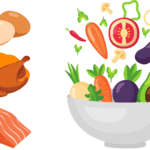
Berdi
urinary Track Health
Nutrition plays a pivotal role in women’s health. It is vital for maintaining overall well-being, preventing chronic diseases, and supporting reproductive health. There are multiple essential nutrients for women to help them maintain optimum health.
In this article, we will delve into the importance of various essential nutrients for women, focusing on essential vitamins and minerals. From vitamin A to iron, these essential nutrients for women are crucial for different aspects of health. Let’s explore the significance of each nutrient and the role it plays in women’s lives.
Following are a few of the most essential nutrients for women.
Vitamin A is a fat-soluble nutrient that is essential for maintaining healthy vision, skin, and the immune system. It also plays a crucial role in reproductive health, particularly during pregnancy and lactation.
Research has shown that vitamin A deficiency can lead to night blindness, dry skin, and a weakened immune system. Additionally, during pregnancy, a deficiency in vitamin A can increase the risk of maternal mortality and affect the development of the foetus.
Vitamin C, also known as ascorbic acid, is an antioxidant that helps protect cells from damage caused by free radicals. It is vital for the synthesis of collagen, which is essential for skin, bones, and blood vessels.
Numerous studies have highlighted the importance of vitamin C in wound healing, immune support, and maintaining healthy skin. It is particularly valuable for women as it helps with collagen formation, reducing the signs of ageing and supporting overall skin health.
Vitamin D3 is essential for bone health as it aids in the absorption of calcium from the gut. Additionally, it plays a significant role in maintaining a healthy immune system and overall well-being.
Research has linked vitamin D deficiency to various health issues, including bone diseases such as osteoporosis. For women, especially those in regions with limited sun exposure, vitamin D supplementation may be necessary to maintain adequate levels.
Vitamin K1, also known as phylloquinone, is an essential nutrient for women. It holds particular importance for women due to its multifaceted role in maintaining health and well-being. Firstly, this essential nutrient is a key player in blood clotting. It facilitates the production of various blood-clotting proteins, thereby ensuring that wounds and injuries heal properly and preventing excessive bleeding. Without adequate vitamin K1, women may be at an increased risk of prolonged bleeding, which can have various implications, especially during childbirth and surgery.
Beyond its role in blood clotting, vitamin K1 plays a significant role in bone health. It is involved in the regulation of calcium within bone tissue, which is crucial for maintaining strong and healthy bones. Women, in particular, are more prone to conditions like osteoporosis, which can lead to brittle bones and an increased risk of fractures. Adequate vitamin K1 intake is essential to reduce this risk and support overall bone health throughout a woman’s life.
Vitamin E is another powerful antioxidant that helps protect cells from oxidative stress. It is important for skin health and may reduce the risk of age-related skin conditions.
Research in the “Molecular Aspects of Medicine” suggests that vitamin E may help improve skin health by reducing UV damage and preventing wrinkles. Women can benefit from incorporating vitamin E-rich foods into their diets to maintain youthful and healthy skin.
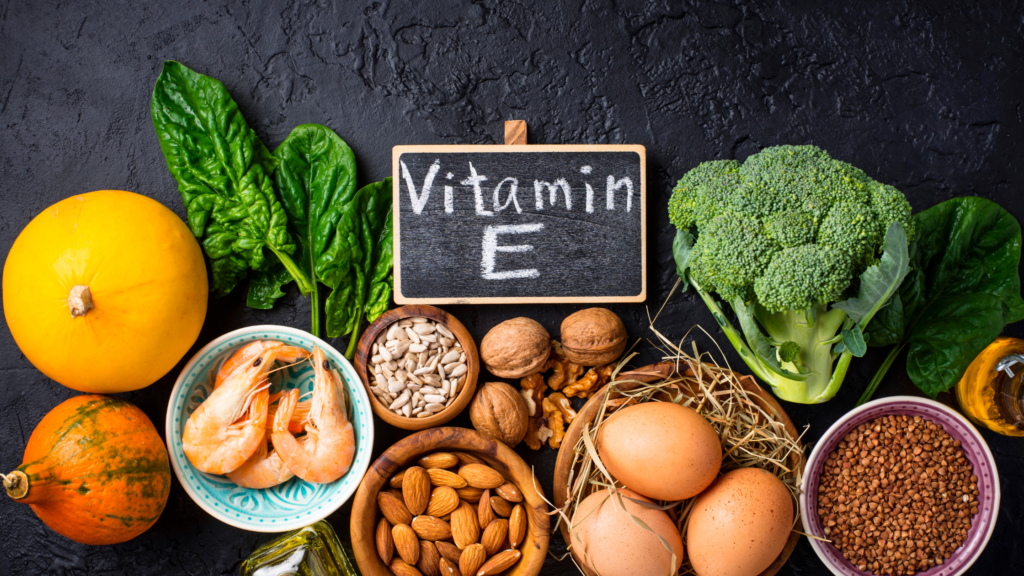
Folic acid is one the most famous essential nutrients for women, and rightly so. Folic acid, a crucial B vitamin, holds immense importance for women at various life stages. Its primary role is to prevent neural tube defects in newborns when taken during pregnancy. Additionally, folic acid supports red blood cell formation, reducing the risk of anaemia in women, particularly those experiencing menstruation, pregnancy, or childbirth. It aids in DNA synthesis, contributing to cellular health and reducing the risk of genetic mutations. Folic acid is also beneficial for cardiovascular and cognitive health. A balanced diet rich in folate-containing foods is the key to ensuring adequate intake, although supplements are often recommended, especially during pregnancy, to meet nutritional needs effectively.
Vitamin B12 is essential for the formation of red blood cells and the maintenance of a healthy nervous system. It is especially important for women during pregnancy and lactation.
Research has linked vitamin B12 deficiency to anaemia and nervous system disorders. Women who follow vegan or vegetarian diets should be particularly cautious about their B12 intake, as it is primarily found in animal-based foods.
The B-vitamins, including B1 (thiamine), B3 (niacin), B6 (pyridoxine), biotin, and pantothenic acid, play diverse roles in maintaining energy metabolism, cognitive function, and healthy skin.
Research by the journal “Nutrients” has shown that B-vitamins are crucial for cellular energy production and overall well-being. Adequate intake of these vitamins is important for women to support their active and demanding lifestyles.
Calcium is one of the most essential nutrients for women, as it promises bone health, and women are more prone to osteoporosis. Osteoporosis is a condition that leads to brittle bones. Adequate calcium intake can help prevent this condition and reduce the risk of fractures. Furthermore, calcium is vital for muscle function, blood clotting, and nerve transmission, contributing to overall well-being.
This essential mineral is also involved in several other vital functions within the female body. Research shows that calcium plays a key role in the regulation of the menstrual cycle and aids in the prevention of conditions such as premenstrual syndrome (PMS) and menstrual cramps.
Iodine is another one of the essential nutrients for women. lt ensures thyroid function and the production of thyroid hormones, which regulate metabolism and energy production.
The American Thyroid Association has highlighted the importance of iodine in preventing thyroid disorders, such as hypothyroidism and goitre. Adequate iodine intake is essential for women to support their overall health and energy levels.

Magnesium is vital for muscle and nerve function, bone health, and energy metabolism. It plays a significant role in alleviating symptoms of premenstrual syndrome (PMS). Magnesium supplementation can help reduce PMS symptoms, such as bloating and mood swings.
Research demonstrates that zinc significantly promotes wound healing and reduces the duration of cold symptoms. Adequate zinc intake is essential for women to support their immune system and skin health.
Selenium is an antioxidant that plays a crucial role in protecting cells from oxidative damage. It is essential for immune function and thyroid health. Research has shown that selenium supplementation may help reduce the risk of certain cancers. So, women should take adequate selenium to maintain optimum health and avoid disease.
Copper is important for the formation of red blood cells, bone health, and the maintenance of healthy connective tissues. Copper plays an essential role in collagen formation. Adequate collagen formation will keep your skin looking tight and youthful.
Manganese is essential for bone formation, blood clotting, and antioxidant defence. It also plays a role in energy metabolism.In terms of blood clotting, manganese is a cofactor for enzymes involved in synthesising specific blood-clotting factors and proteins. These enzymes require manganese to function properly and participate in the cascade of reactions that lead to blood clot formation. While it’s not as well-known for this role as other nutrients like vitamin K, manganese’s contribution is integral to the overall process of haemostasis.
Regarding bone formation, manganese plays a role in collagen production. Collagen is the primary structural protein in bones and connective tissues. Manganese is required for the activation of enzymes that assist in the cross-linking of collagen molecules, which contributes to the strength and integrity of bones. Without adequate manganese, the formation and maintenance of healthy bone tissue could be compromised.
Iron is essential for the formation of red blood cells and the transport of oxygen throughout the body. Women are particularly vulnerable to iron deficiency, especially during menstruation and pregnancy.
Iron plays a crucial role in women’s health by supporting oxygen transport, making it vital for preventing anaemia and fatigue. Women of reproductive age often require more iron due to menstrual blood loss, and during pregnancy, iron is essential for both the growing foetus and maternal health. Additionally, iron contributes to energy metabolism and immune function and may have implications for cognitive health.
The simplest way to get all these essential nutrients in the right amounts is to take a tablet of WOMEN’S ONE DAILY daily. This does not undermine the importance of a healthy, balanced diet, but sometimes, your diet fails to provide an adequate amount of these essential nutrients.
So a well-balanced diet in conjunction with a supplement like WOMEN’S ONE DAILY can do wonders for your overall health.
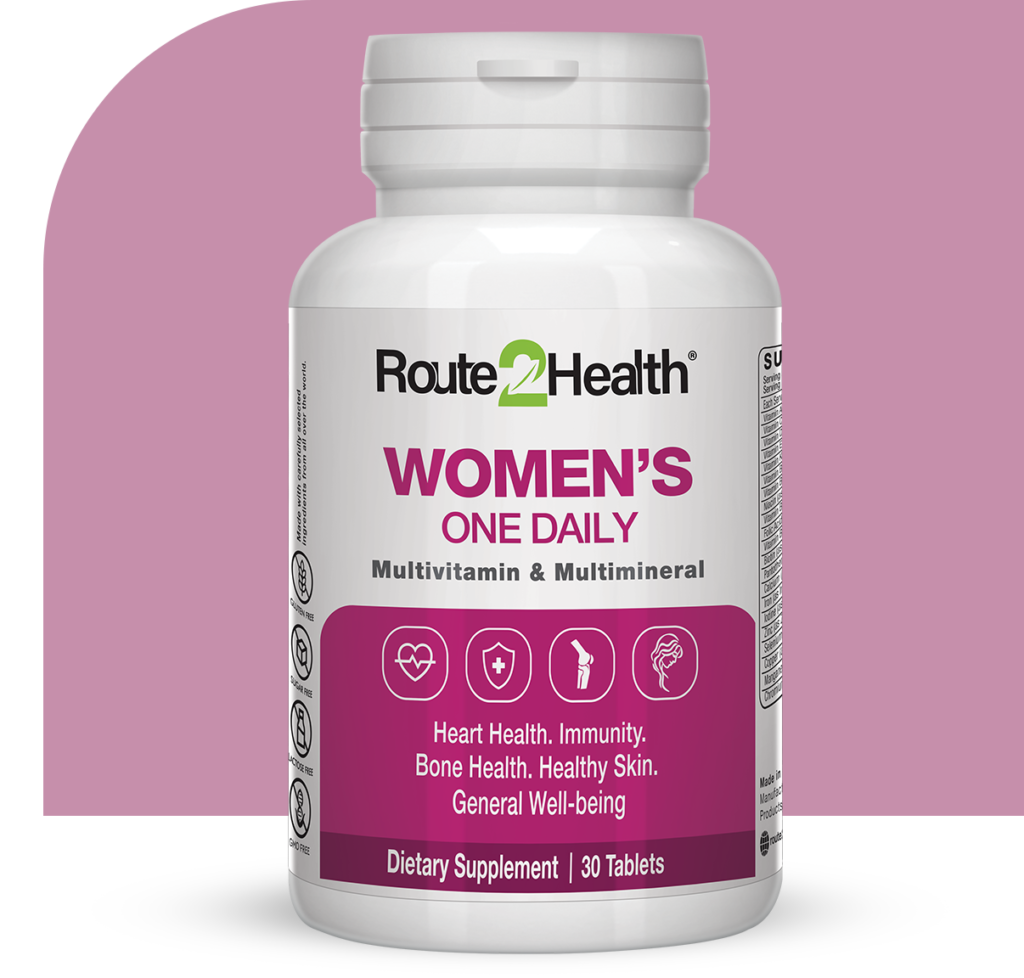

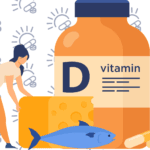

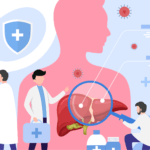
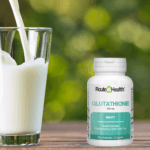

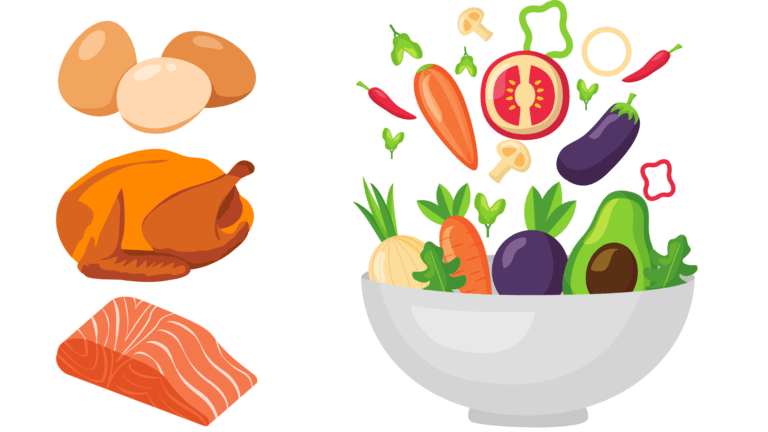
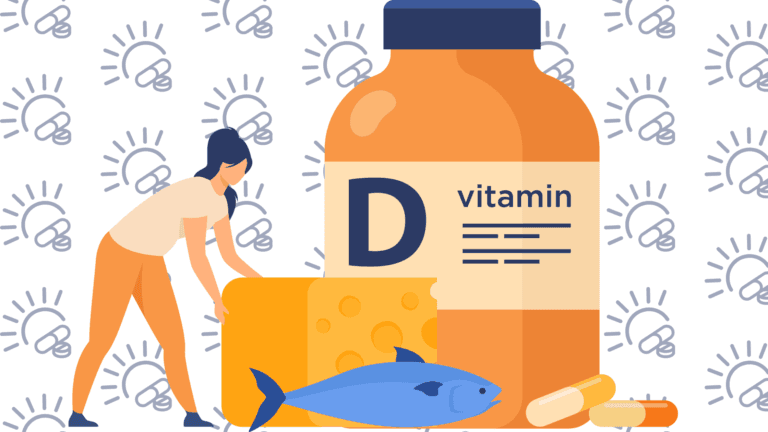

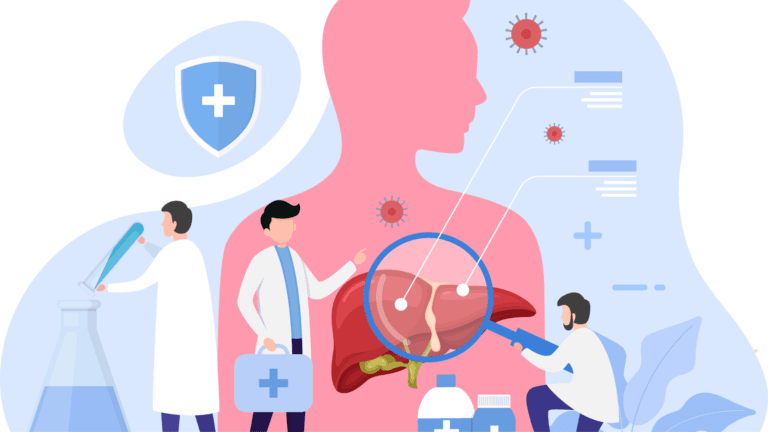
©2023 Route2Health®️
NTN: 2229383
AN ASSOCIATED COMPANY OF HIGHNOON LABORATORIES
STRN: 0301999937728

WhatsApp us
